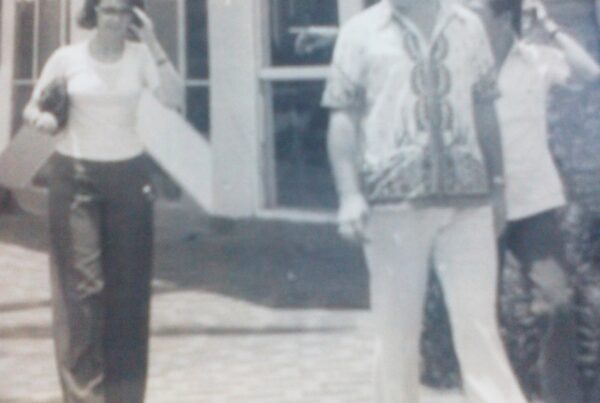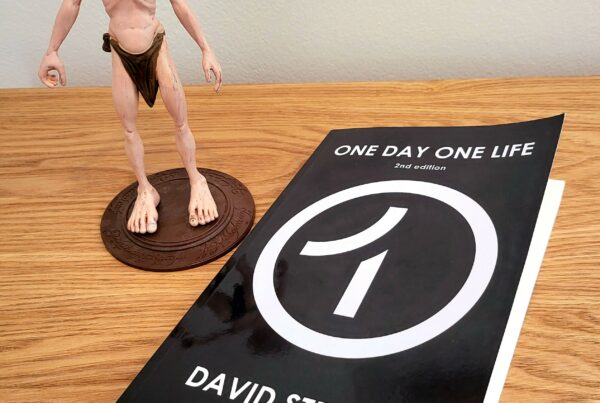This man had a right to give up years ago but he sees every obstacle as a reason to live. He is a hero!
Why, after exposure to repeated trauma and loss, do some human beings dust off the debris and wipe away the tears and decide to live?
Why are some people more successful than others in confronting loss and stepping out of their back story to embrace a new day?
In my experience, it all comes back to one word.
Resilience.
It is for me the greatest foundation to a strong character.
And from my observation the psychological pillar of a person that can recover from adversity.
Again.
Resilience.
To give this blog a human approach I am going to talk about a friend of mine.
His name is Rob.
Our first name gives a person an identity.
We are not just a statistic.
If you want Rob’s full name go up to Wayside Chapel and ask.
Rob is the Community Educator at Wayside and he is brilliant.
Rob has the unique ability of silencing a Macquarie Street boardroom or a Kings Cross back alley.
No human being has ever taken me closer to God or thrown me so fully back into threatened male ego.
Everyone knows Rob.
And Rob knows everyone.
He is much loved and is an example and mentor to his peers.
This man had a right to give up years ago but he sees every obstacle as a reason to live.
He is a true hero!
He has the heart of a lion and fists like ham bones.
The two of us are brothers.
Brothers in arms.
We have the same scars from the same mistakes.
Many of our scars have been self inflicted and we both know we have been the source of pain for our loved ones.
But we see our past mistakes as a reason to live not an excuse to wallow in regret.
We truly love each other yet Rob and I have have stood toe to toe and told each other what we think of our behaviour.
On one occasion we were in a room robustly discussing a situation when someone knocked on the door and asked if we were ok?
At exactly the same time we both answered;
‘Yep, it’s all good.’
It was heated but we trusted each other.
We have respect for ourselves as men.
And I know that if Rob had taken a swing I would have been picking up my teeth from all parts of the room.
Back to resilience and let’s get academic.
A paper written in the 2008 by Warren, White and Driver called Considering Resilience in the Rehab of People with Traumatic Disabilities (USA) says;
“Researchers using a “positive psychology” framework may suggest that the construct of resilience is largely responsible. Resilience refers to how an individual reacts and adapts to a traumatic event and is presupposed by (a) exposure to a traumatic event and (b) adaptation to that event (Luthar & Cicchetti,
2000; Richardson, 2002). Individuals with greater resilience would be expected to overcome a traumatic event more successfully than individuals with low resilience. This positive psychology paradigm is different than the traditional deficit-based framework, as the goal is to identify the qualities that help individuals, communities, and societies to thrive, as opposed to focusing on their weaknesses (e.g., depression, addiction, anxiety, stress. (Dunn & Dougherty, 2005; Emes, Longmuir, & Downs, 2002; Snyder, Lehman, Kluck, & Monsson, 2006).
They go on to say that recreating your life after trauma is challenging and then trying to make sense of your new world is even more challenging. This study and subsequent studies have focused on patients dealing with brain trauma and spinal injuries and initial findings reflect the potential benefits of developing resilience in individuals during the rehabilitation process.
What the studies also show is the way resilience breeds spirituality and hope.
Now, when indentured academics start to write about spirituality and hope I take notice.
Because, for an academic there is nothing worse than expressing concepts that are hard to qualify, quantify and measure.
In fact, there is a ground swell rising among hard nosed researchers and clinicians.
What research and trials are showing is the crucial importance in recovery from injury or disease of a community based approach that includes resilience, spirituality and hope.
In street language the research says that people with resilience who have faced trauma are more positive, productive human beings after the event.
The research also indicates that resilient patients are also much easier to deal with for their loved ones and the broader community.
For patients with brain trauma and spinal injury the recovery begins when they come out of intensive care and this is the same for alcoholics and addicts who leave rehab and decide to get sober or change their drinking patterns.
This brings me back to the point of the essay and my relationship with Rob.
I have noticed a worrying trend in addiction recovery circles.
It is rooted in the concept of emotional damage, and the resultant dilution of resilience.
12 step recovery programs are based on a traditional deficit based framework and much of the recent noise has come from the opinion of Russell Brand, the successful and sometimes polarizing British comedian, actor and recovered addict.
Russell has been clean from drugs and booze for a number of years and Russell is a firm supporter of 12 step programs such as Narcotics Anonymous.
Bravo Russell!
No argument from me here.
For me Russell Brand is very funny and talented and I admire his recovery and strength of character.
I truly do.
There should be more Russell Brand’s in the world.
He is a brave man to use his own fame and recovery as a justification to publicly champion addiction.
Bravo again!
However, for me, some of Brand’s beliefs on recovery and his profiling of the typical addict are wrong.
They divide and they separate.
Put simply – dangerous!
Brand believes nearly all addicts come from damage.
Damage and abuse from childhood.
While this is one reason, it is only one reason.
You see, I come from a happy, loving, calm, affluent family.
My parents are good people.
My sisters are amazing.
I lived a charmed life and had a positive, healthy attitude.
Yet, blow me down, I loved getting high.
My trauma was self inflicted.
I am not a victim. I am a perpetrator.
My trauma came from my behaviour in active addiction not from my childhood.
So where do I fit in your damage paradigm Russell?
And I am not in denial.
I do not need to put my whole life on the recovery program!
So, this ‘damage profiling’ for addicts can be exclusive and unhelpful for men and women like me.
What the hardline Brand message also espouses is once an addict always fucked.
In other words, we become addicted to everything!
In fact, to be truly valid in recovery you have to remain damaged to be spiritually viable.
The damaged fraternity also argue that pain experienced from continually fucking up is the only gateway to change.
And again, I disagree!
The argument that self inflicted pain is the gateway to change can in fact become the lock to your prison door, not the key to your freedom.
This argument is fatally flawed but it is peddled throughout the 12 Step community.
It is an anchor to the soul, not a sail.
Right.
Let’s get back to Rob.
Rob’s childhood in South Africa was full of abuse and trauma, but that is not my story to tell.
My childhood was not abusive.
Rob is resilient and used his special talents to forge a stellar career in the SA special forces and in Australian security.
I used my resilience to become a poster boy of the Eastern Suburbs set, and please do not see this as self-praise.
It is not!
Both Rob and I were victims of our alcohol and drug abuse.
So were our loved ones.
Different reasons, different childhood, but the same result.
The causes of addiction are in fact, many and varied.
Trauma, genetics, socio-cultural, bad luck, peer pressure, physical pain, physical injury, financial, family, allergic reaction, partying etc etc……
The anxiety created by the selfishness and loneliness of active addiction is the common result.
So, anxiety is the common factor, not trauma.
Separation becomes the by product.
And in a ‘healthy’ recovery, resilience is the key to not only assimilation but freedom.
And that’s why I love Rob.
He never, ever gives up and never blames others for his lot in life.
He accepts and owns all of his amazing strengths and glorious faults.
He is a walking, talking miracle.
He challenges me and he completes me and oozes class and humility – which is rare in a Roosters fan!
Need to read more?
This is an excerpt from One Day, One Life: P. 136-7. One Day One Life




